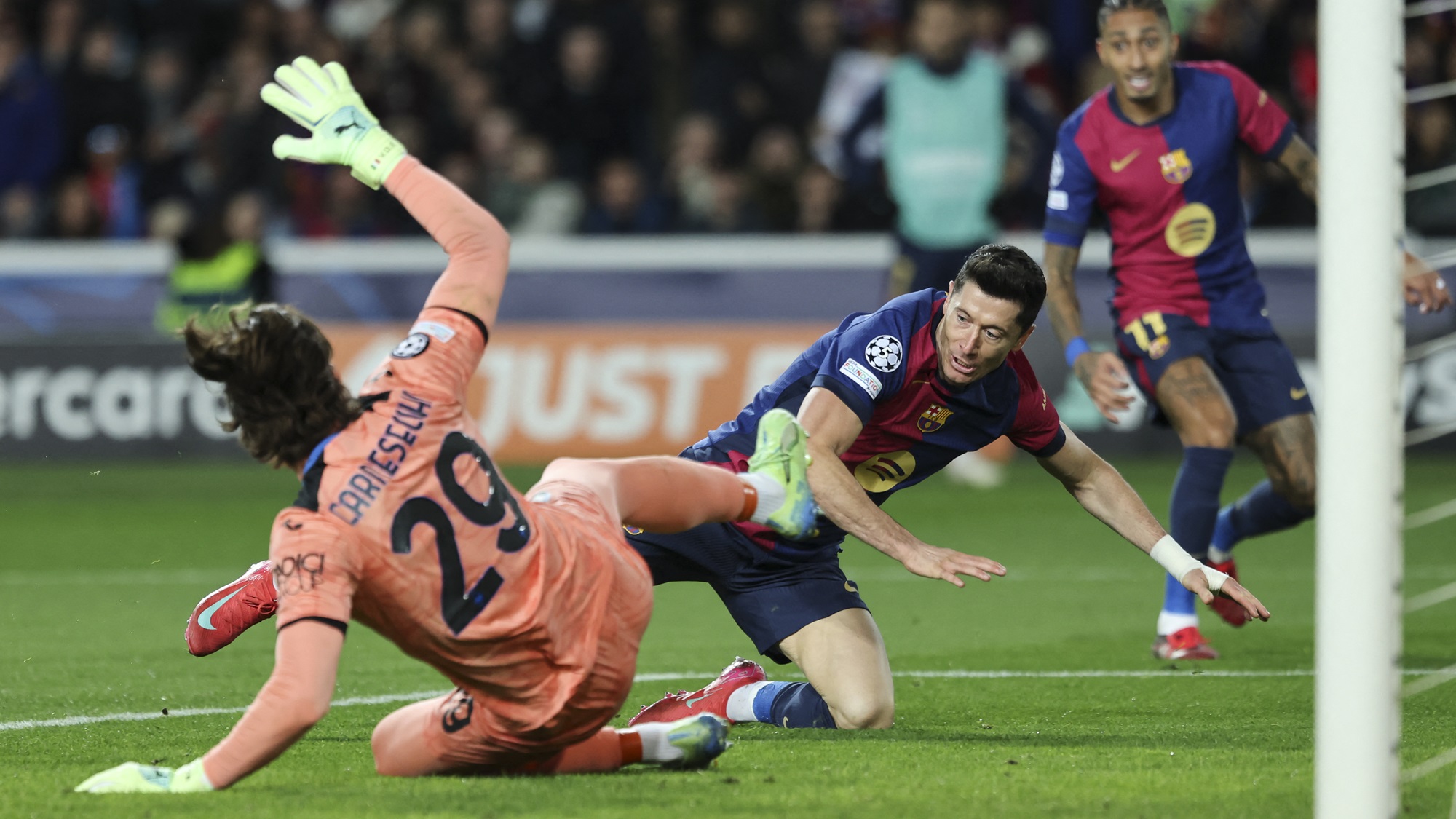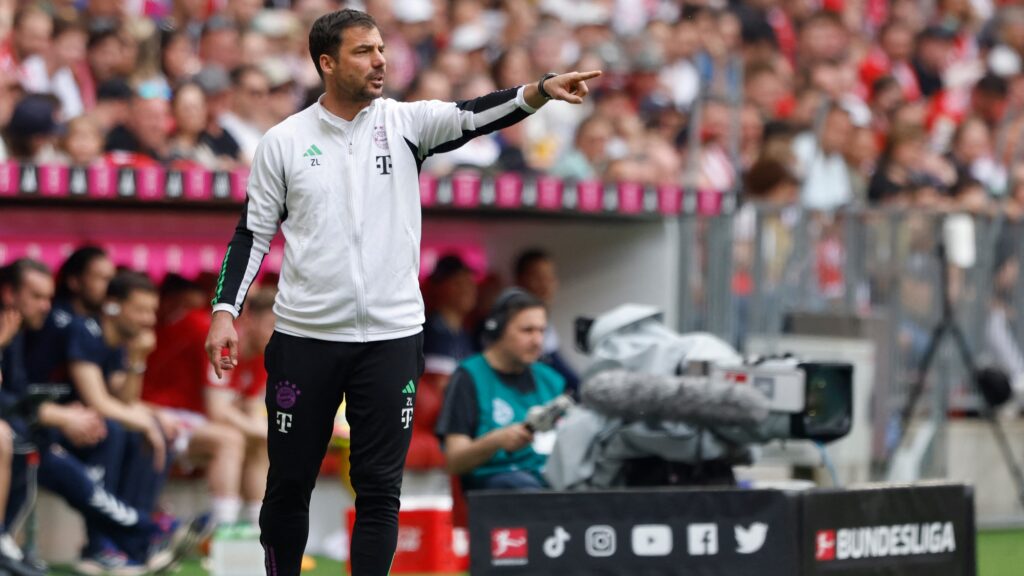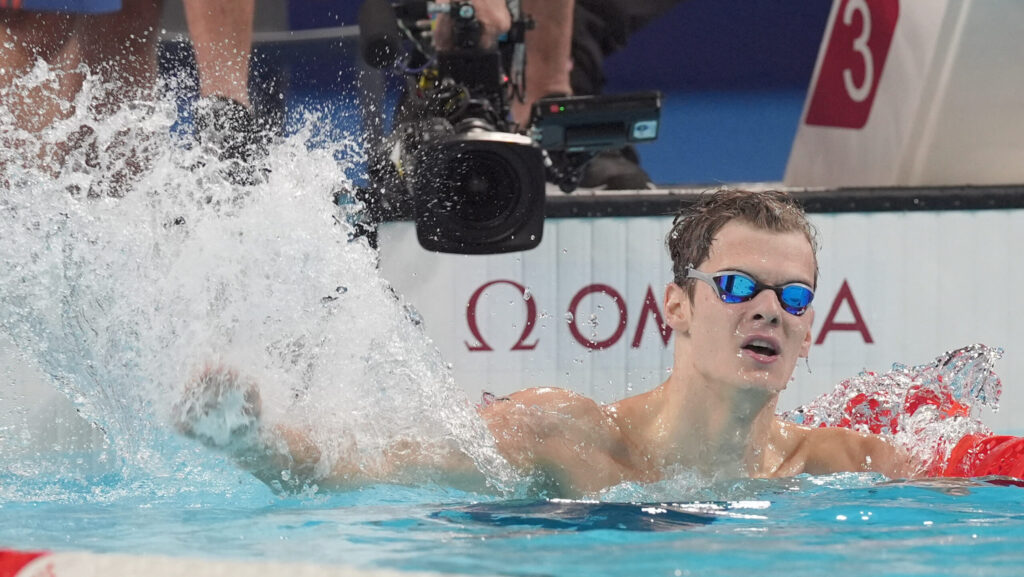The UEFA Champions League’s first-ever league phase concluded last week. Football fans got to witness 36 teams battle it out over eight games, although, evidently, not playing every single opponent in the league.
It did bring some unexpected tension and memorable moments. For example, the winner of the last four English Premier League titles, Manchester City, was not among the 24 teams staying alive in the tournament even at the halftime of the last round. Pep Guardiola’s City did eventually pull through against the Belgian side Club Brugge, but now have to face Real Madrid in the preliminary round just to get into the Round of 16. This tie would generate a lot more excitement had it not been played in the last three UCL seasons as well.
However, overall, the new Champions League format did not do enough to quell the fears raised when it was originally proposed. For the majority of the time, it did feel like just a jumbled mess, with little to no understanding of what certain results would mean, especially for the games played at the beginning. All-time record 15-time UCL winners Real Madrid could lose three games in a row, and still advance in 11th place, just one point behind 8th-place finisher Aston Villa, who made it directly to the last 16.
Dinamo Zagreb got battered 9–2 by Bayern Munich in the first round, yet that extremely unusual scoreline is more or less forgotten by the fans by now. After all, the Croatian club still easily could have qualified for the preliminary round, having finished tied on points with the last qualifying team, Club Brugge. Meanwhile, Bayern went on to have a medicare run, finishing 12th, which was lamented even by the club’s long-serving full-back Joshua Kimmich.
As I wrote in my first piece on the subject back in September, the biggest fault of this league format is that it does not have any frame of reference for the football fans. In the history of football, there have been some major, major changes—but still, every competitive game was either played in the classic round-robin league format or the knock-out format. In this new system—usually referred to as the ‘Swiss system’—the ‘dramaturgy’ of each game in the context of the competition is not instinctively understood by the fan, unlike in the two classic formats. Again, this is especially true for the early games.
However, I am also fully aware that the old format, which debuted in 2003, could not stay in place forever. The idea of the European Super League is still hanging over UEFA’s head like the Sword of Damocles. All the continent’s top clubs have been banging on their door, demanding some change that would increase the profits generated by European competitions.
Therefore, I would keep two aspects of the new league format. One, the simplest, more games. Two, the teams would not play the same opponent twice like in the old group stage format. So, how would I keep these two aspects yet stay with the classic round-robin group format?
For the answer, I would look to the UEFA Cup and the format it had in place between 2004 and 2009, the last season before it was renamed the UEFA Europa League. On a personal note, this was the competition that gave me one of my earliest memorable football experiences. In 2004 the team that I root for, Ferencváros, qualified for the UEFA Cup group stage (which was a lot rarer at the time than today), where they faced off against Schalke 04, FC Basel, Hearts, and Feyenoord (with Hungarian international Gábor Babos in goal).
That’s right, there were an odd number of teams in each group. In the eight groups of five teams, each team faced each other once, playing two games at home and two away. The top three finishers of each group would qualify for the knockout stage.
UEFA should do something similar with the new Champions League format.
Make four groups of nine teams. Each team would play the others once, thus the number of games would also remain increased, eight instead of the six in the old group stage. The top four finishers in the nine-team groups would advance to the knockout stage, making a much simpler Round of 16 than in the current format.
The only downside of that would be that there would have to be nine matchdays instead of eight. However, UEFA has proven in recent years that it is not shy about adding more dates to the competitive calendar. And, in this case, each team would get one matchday off.
This way, the teams would still compete in a classic round-robin group stage, while introducing a fresh, new format to the fans, with more games and without repeating match-ups.
Related articles:








